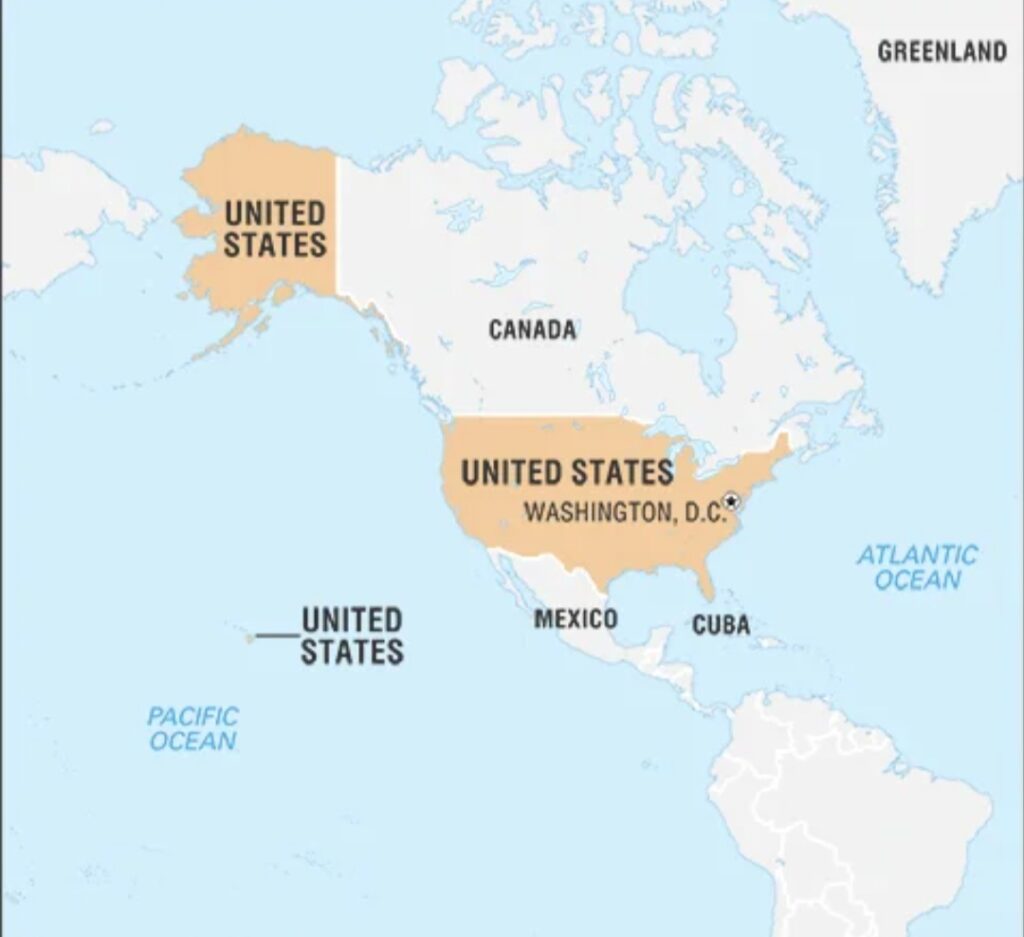By: Hitti Chopra, Research Analyst, GSDN

The United States of America has been involved in various armed confrontations ranging from conflicts on its own soil to wars in far-off countries. From the American Revolution (1776) to the war on terror, to proxy war with Moscow in the ongoing Russia-Ukraine war, the US military has been able to prove its ability making it a significant player in many of these conflicts.
The Wars of 18th Century
One of the earliest conflicts the United States was involved in was The American Revolution (1775-1783).The conflict began in 1775, and the United States at the time was a group of British colonies. It was fought between the 13 colonies and Great Britain which sought to maintain control over the colonies. The United States with the help of France ultimately emerged victorious, gaining independence from Great Britain in 1783.
The Wars of 19th Century
The War of 1812 (1812-1815) was fought between the United States and Great Britain over trade destructions and the impressments of American sailors into the British Navy. The US military led by General Andrew Jackson was able to successfully defend against British invasion ultimately leading to the Treaty of Ghent which ended the conflict. The Civil War (1861-1865) was fought between the Union (northern states) and the Confederacy (southern states) over states’ rights and the issues like slavery. The US military, led by General Ulysses S.Grant ultimately defeated the confederacy resulting in the abolition of slavery and the reunification of the country.
The Wars of 20th Century
In the first half of 20th century, the United States was involved in both World War I and World War II.In World War I (1914-1918), the United States entered the conflict in 1917 after several years of neutrality. The war was fought between the Allied Powers (including the US) and the Central Powers over various territorial and economic issues. In World War II (1939-1945), The United States entered the conflict after the attack on Pearl Harbour by Japan. The war was fought between the allied powers and the axis powers over territorial and ideological issues. The conflict lasted from 1939 to 1945 and resulted in the defeat of Germany, Italy and Japan.
In the second half of the 20th century, the USA was involved in the Korean War and the Gulf War. The Korean War (1950-1953), was fought between North and South Korea, with the US and other UN forces supporting the South. The US military led by General Douglas MacArthur, was able to successfully push back North Korean forces and secure a ceasefire resulting in the division of Korea into separate countries.
The Vietnam War (1955-1975), was fought between North Vietnam and South Vietnam, with the US supporting the South. The US military ultimately failed to achieve its goals leading to a withdrawal of US forces and eventual reunification of Vietnam. The Gulf War (1990-1991) was fought between Iraq and coalition of UN forces, including the US over Iraq invasion of Kuwait. The US military was able to successfully liberate and defeat Iraqi forces, resulting in a ceasefire and the establishment of no-fly zones over Iraq.
The Wars of 21st Century
Since becoming the world’s most powerful country after the two world wars and the Cold War, the United States has followed its interventionist policy in other countries, maintaining its hegemony in the global order. The War on Terror (2001-present) began after the 9/11 terrorist attacks, has been fought against various terrorist organizations including Al Qaeda and the Islamic State. The US military led by various generals has been involved in various conflicts in Afghanistan, Iraq and other parts of the Middle East (American led intervention in Syria to US naval presence in Yemini civil war) with the goal of reducing terrorist activity and promoting stability in the region.
The United States of America has played a significant role in various armed confrontations throughout history, with its military power and ability to project its influence globally resulting in victories for the United States while some have been more challenging with significant long term implications for the nation and the world.
In today’s international geopolitical dynamics, the United States of America is no longer the only big kid on the block. The proxy war with Russia, icy relationships with China and entire Afghanistan fiasco, the USA singular post cold war dominance is fading, marking the comeback of Great Power rivalry.

